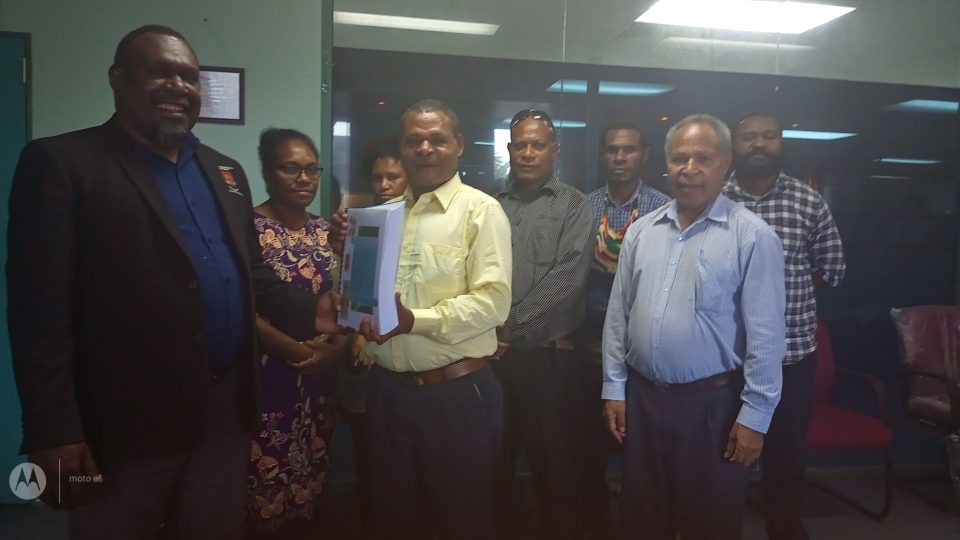Delivering basic government services to remote and scattered districts and communities in Papua New Guinea is arduous.
These remoteness associated with much of the development grants were consumed by transportation- both air and sea.
This is a grave concern to maritime provinces and districts including the hinterlands of PNG Highlands, where lack of services is real, thus no government presence in the locality to provide essential services.
We have dilapidated infrastructures, shortages of medical supplies and drugs, basic health equipment, education facilitates, many teachers and health workers migrated to towns and cities because of the poor road networks.
National Government focuses only on urban areas and forgets about rural villages and communities where the bulk of the population lives.
The Madang’s Middle Ramu district is of no exception, which was reflected in their 2019 District Services Improvement Program (DSIP) annual financial expenditure report furnished to the Department of Implementation and Rural Development (DIRD) last week.
The Middle Ramu district administration faces a lot of challenges when they want to organize logistics basically to transport building materials for health, education, and infrastructure projects.
Local MP Jonny Alonk said its district administration normally charter MAF flights from Mt Hagen to transport building materials to those designated project sites in the district.
He said this is a huge expense, little funding front-loaded from the national government is not enough to cater for such geographically isolated districts like Middle Ramu.
“Despite its remoteness, we manage to deliver some impact projects that our people can benefit from in the areas of health, education, law & order,” he said.
Some of the impact projects include;
– Simbai High School
– Watebu Elementary School
– Miami Elementary School
– Water Supply Projects
– Law & Order- Rural Lockup, court, and police administrations
– Health Centres
– District/LLG markets and associated works.
The total break up of K9.0m DSIP grants as follows;
1. Infrastructures – K3m
2. Education – K1.750m
3. Health – K1.650m
4. Law & Order
5. Mobilization – K320,000
6. Administration – K240,000
7. Electoral duties – K240,000.
Mr. Alonk, who is also the Vice-Minister for Foreign Affairs & Trade thanked the national government for making available DSIP grants annually so vital basic services can be delivered.
He also thank the government for building Baiyer – Madang Highway which cuts through the Middle Ramu district, which will open up economic opportunities and other services in the ensuing years.
The road is constructed by the national government which started in 2009 under the connect PNG road infrastructure policy aimed at linking unlinked communities and places in the country by road.
The Marape – Basil government is prioritizing this highway under its connect PNG Policy and program, linking up every community and district of PNG by road.
The Madang Baiyer highway will link up with the trans-Gogol highway in the Middle Ramu district and then go into Simbai, Jimi, Ruti, and into Baiyer valley linking Madang with Mt Hagen.


